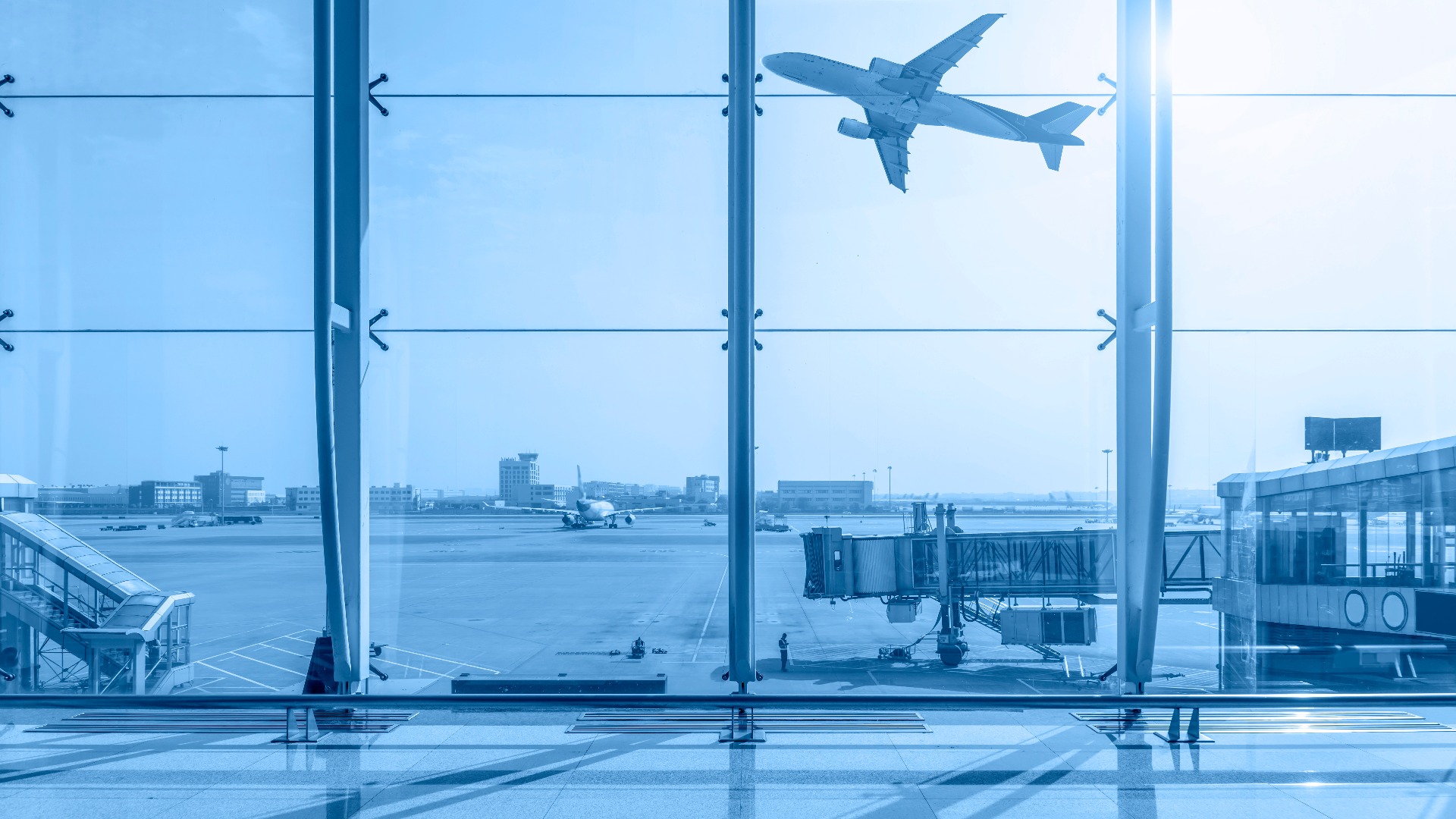
11 Passengers Injured as Turbulence Strikes Delta Flight Italy to Atlanta

A Delta Airlines flight originating from Milan Malpensa, Italy, and bound for Atlanta, Georgia, encountered severe turbulence, causing injuries to 11 passengers and crew members.
Following the incident, all affected individuals were transported to a local hospital upon landing in Atlanta.
The Airbus A350 aircraft, which departed from Milan on Tuesday, August 29, executed a safe landing in Atlanta shortly before 19:00. The turbulence incident occurred approximately 40 miles northeast of Hartsfield-Jackson International Airport in Atlanta, as reported by SchengenVisaInfo.com.
At the time of the turbulence incident, the plane had a total of 151 passengers and 14 crew members on board.
Experts in climate and meteorology have identified a growing phenomenon known as "clear air turbulence," primarily attributed to the impacts of climate change. Clear air turbulence involves the erratic movement of air masses without visible indicators such as clouds, resulting from the convergence of air bodies traveling at varying speeds, making it challenging to predict.
A similar incident occurred in March of this year when a Lufthansa flight flying from Texas to Germany encountered severe turbulence while passing over Tennessee. In the aftermath of the disturbance, seven individuals were transported to the hospital with injuries believed to be minor.
Data from the Aviation Safety Network (ASN) reveals a total of 115 aircraft accidents documented last year. Among these accidents, a significant portion, approximately 58.3%, occurred during scheduled passenger operations, totaling 67 incidents. Cargo operations were involved in 27 accidents, while unscheduled passenger operations accounted for 14.
Out of the 115 recorded accidents, 16 were classified as fatal accidents, resulting in a tragic death toll of 233 passengers and crew members.
Scientists attribute the increasing occurrence of turbulence during flights to global warming, which causes alterations in upper atmospheric air currents, commonly referred to as the jet stream. Research conducted by Mark Prosser and his team at the University of Reading in the UK indicates a substantial worldwide increase in turbulence over the past four decades.
To assist airlines in effectively managing and mitigating the impacts of turbulence, the International Air Transport Association (IATA) introduced "Turbulence Aware" in 2018. This initiative collects and aggregates anonymous turbulence data from multiple flights conducted by participating airlines.
Furthermore, Turbulence Aware aids in selecting optimal flight paths and avoiding turbulent areas, leading to improved fuel efficiency and reduced carbon emissions, including CO2, thereby promoting environmentally responsible air travel operations.
Source: schengenvisainfo.com








